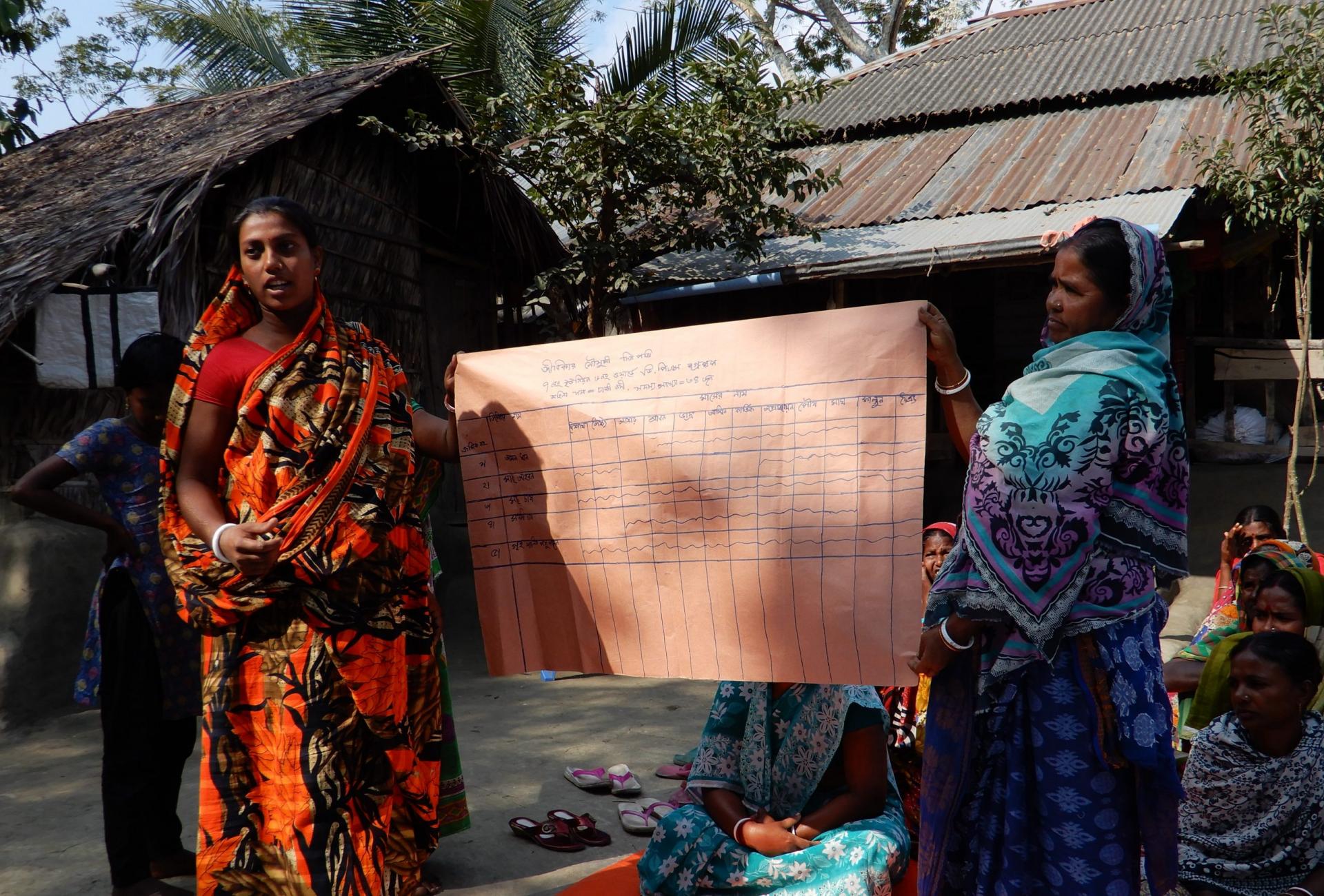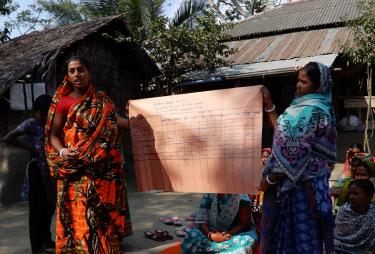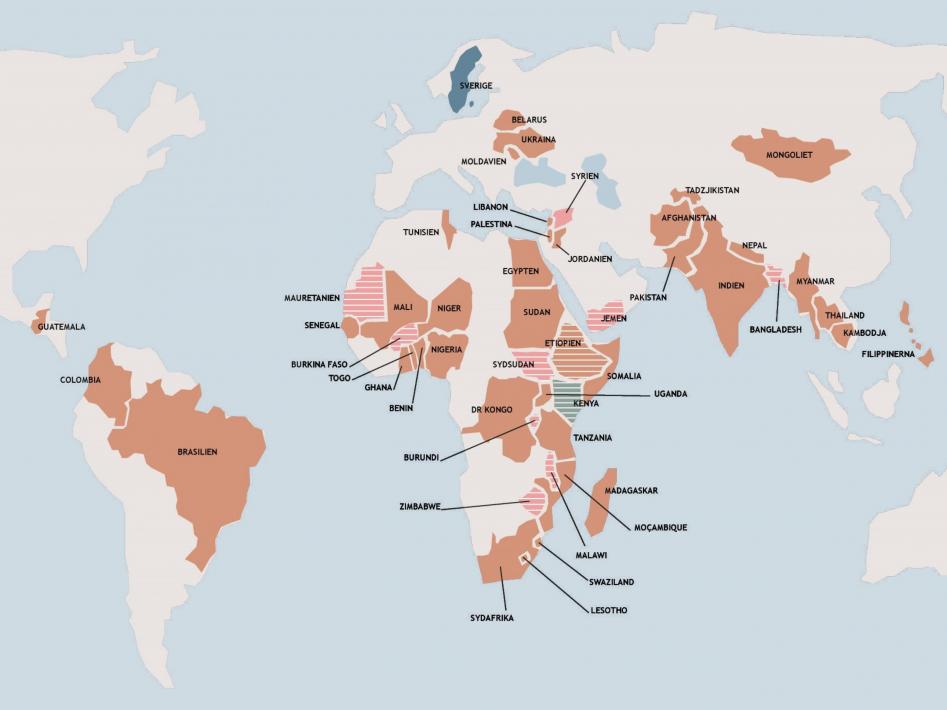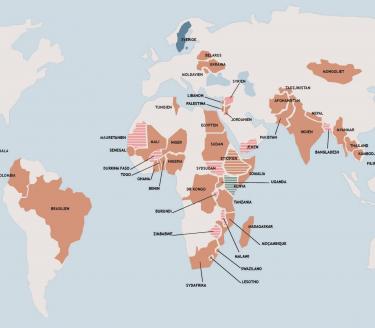When Politics Misses the Mark


Better grassroots change that truly works than large-scale, opaque initiatives that increase the risk of corruption, writes Anna-Lena Hansson, a long-time employee at SMC Faith in development.
We talk a lot about long-term partnerships and the fact that development takes time. Often, small steps forward create domino effects, but this needs to happen systematically. Now, we risk losing momentum and skilled professionals at all levels. A great deal of work that has been done will be undone.
I just returned from a work trip to Asia, and naturally, my thoughts go to the people I met there. Cambodian trafficking victims and orphaned children are receiving support for a more dignified and integrated life. Civil society organisations are also working hand in hand with local authorities to reduce migration flows from rural areas. Local government officials we met confirmed that these methods work and can carry some of the efforts forward themselves—but we understand that someone must continue to sustain their motivation for it to have an impact on a broader scale.
This work is carried out by small organisations that would never be able to apply for and manage Sida funding on their own. They possess deep knowledge of their contexts and challenges, along with highly dedicated staff. Sida’s strategic partner organisations (such as SMC-Faith in Development) ensure quality assurance and capacity development while maintaining a link to Swedish civil society and taxpayers. Perhaps the initiatives I recently visited will be fortunate enough to secure funding through other means, but luck is not a sustainable foundation for long-term stability.
Incomprehensible Contract Cancellations
I have worked in development cooperation for 16 years. During my recent trip, I met small organisations that mobilize civil society at the grassroots level and influence local government officials—who, in turn, help drive change from within. In local communities, building direct relationships with decision-makers and holding them accountable when they fail to fulfil agreements and commitments is possible. Small initiatives demonstrating real impact can inspire these local leaders to continue working for genuine change. I have seen firsthand how small organisations learn from one another and unite in networks to work toward a more just society in their respective countries.
This is financed by Swedish tax money through Sida under the civil society support scheme (Civsam). Currently, 17 strategic partner organisations receive this support, and SMC is one of them.
The program has been evaluated, and Sida has concluded that it is a strategic and cost-effective approach.
While on my trip, Sida’s Civsam Department summoned the strategic partner organisations to a meeting. There, they delivered the unexpected news that all agreements would be discontinued as of December 31 this year. This means that organisations, in turn, will have to cancel contracts and prematurely end initiatives that are making a difference for people worldwide. Our agreement with Sida is a five-year contract extending until the end of 2026. However, ongoing projects and programs must be terminated two years earlier than planned.
Unclear and Rushed Decisions
In 2024, all organisations will have the opportunity to apply for new agreements starting in 2025, but the process remains unclear. Those working in development cooperation know it takes about a year to prepare a solid application for Sida. Previously, we had clear guidelines and a commitment to long-term partnerships, which provided predictability and allowed us to prepare well in advance. The announcement from Sida is a direct result of a government directive to change the civil society support structure.
Personally, I can likely find another job or rely on Sweden’s well-developed safety net. But this decision has consequences for so many people at so many levels.
In what other context is it acceptable to terminate existing long-term agreements before evaluating how to proceed? I would rather see my tax money go toward grassroots change that truly works than toward large-scale, unmanageable initiatives that increase the risk of corruption.


Development Cooperation
Long term Development Cooperation
Our network consists of a diverse range of member organisations that have long collaborated with churches and other actors in civil society. The partnership between the organisations is crucial to our ability to work together to contribute to peaceful, equal and sustainable societies.
